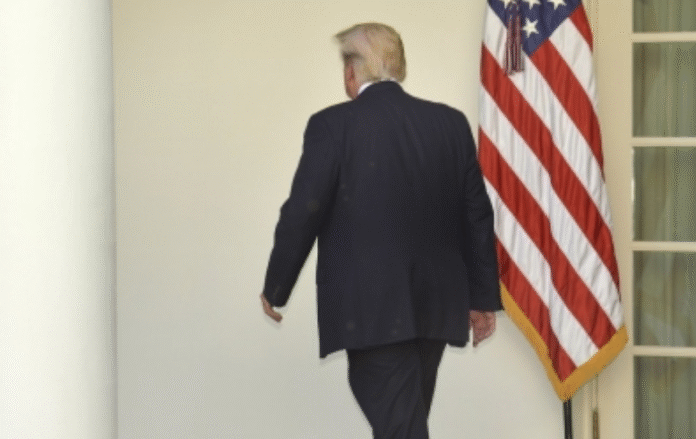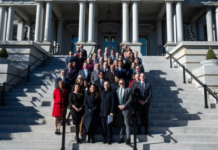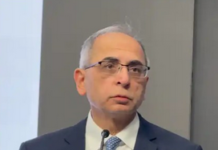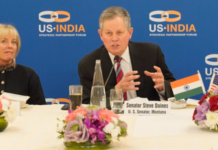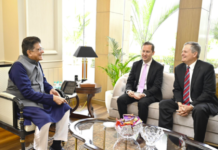WASHINGTON– U.S. President Donald Trump’s approach to India—most notably his decision to impose a 50 percent tariff on Indian goods in retaliation for New Delhi’s continued imports of Russian crude oil, while showing leniency toward China—has strained a bilateral relationship that took two decades of bipartisan effort to build, according to a new report.
With Russian oil now accounting for nearly one-third of India’s imports, the India Narrative report noted that New Delhi has made it clear it will not allow the energy needs of its 1.4 billion citizens to be dictated by what it calls Washington’s “coercive diplomacy.”
India’s Ministry of External Affairs (MEA) did not hold back in its response, openly calling out what it sees as U.S. hypocrisy and highlighting the West’s own ongoing trade with Russia. India’s message, the report said, is unambiguous: it will pursue its own path as an autonomous global power, not a subordinate ally. Trump’s tariff-heavy playbook for forcing negotiations appears to have crossed a line, the report added.
“The U.S., having quietly tolerated China’s continued energy transactions with Russia, has chosen to single out India for punitive action. This selective outrage has not gone unnoticed in South Block,” the report stated, referring to the MEA’s headquarters in New Delhi.
For years, the United States has touted India as a “strategic partner,” with many assuming that India’s economic clout and vital role in the Indo-Pacific would shield it from Trump’s hardline tactics. That illusion, the report said, was shattered when Trump imposed a cumulative 50 percent tariff on Indian goods and threatened secondary sanctions on India’s energy sector—pressuring New Delhi to stop importing Russian crude—while both the U.S. and European Union maintained trade ties with Moscow.
The situation was further aggravated by Washington’s recent overtures to Islamabad. The report pointed to the offer of a 19 percent preferential tariff rate to Pakistan and joint oil exploration deals signed just weeks after India flagged Pakistan’s role in the April 22 terrorist attack in Pahalgam. Trump’s additional threats to penalize U.S. companies manufacturing in India unless they “bring jobs back home” added fuel to the fire.
“This is not the behavior of a nation committed to a strategic partnership,” the report concluded. “It reflects the mindset of a populist power broker who sees alliances not as long-term investments, but as bargaining chips in a constant game of leverage.”
Once regarded as a cornerstone of the 21st-century global order, the U.S.-India relationship is now being tested by what the report describes as “populist transactionalism disguised as foreign policy.”
“In Trump’s world,” the report warned, “no relationship is sacred—only situational. And when alliances are treated as disposable, the global order itself grows dangerously fragile.”


